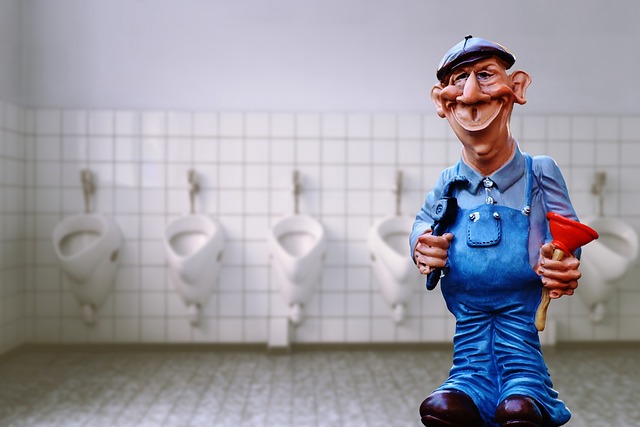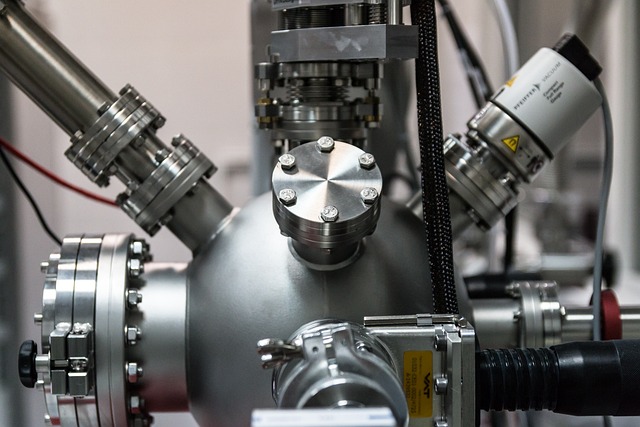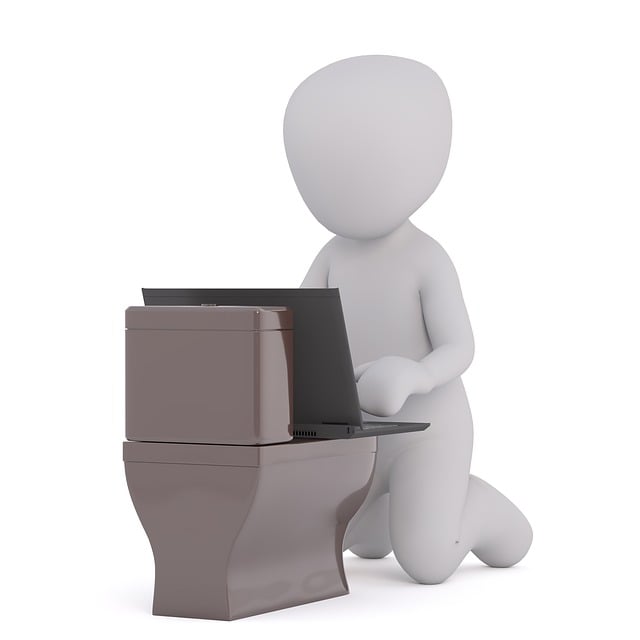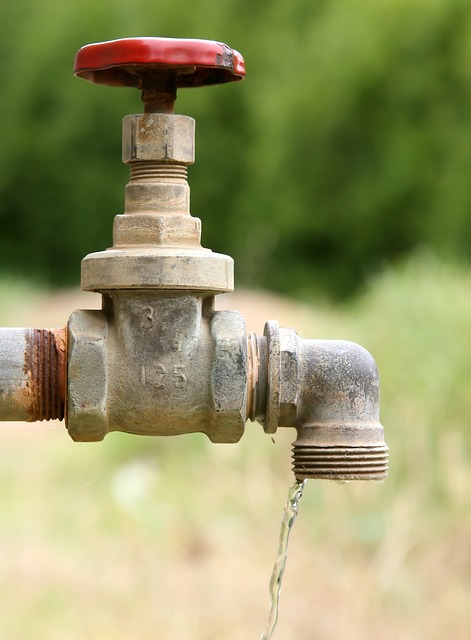Regular maintenance and quick troubleshooting are vital to prevent common plumbing issues like clogs, corrosion, leaks, and water damage. Homeowners should be vigilant for signs such as unusual noises, reduced water flow, odours, moisture stains, or spinning water meters, addressing these early to avoid costly repairs. Understanding typical problems like drain clogs from grease or corrosion due to mineral deposits enables proactive measures to maintain a smooth plumbing system.
Maintaining your plumbing system is essential to avoid costly repairs and inconvenient disruptions. This guide, ‘Plumbing Maintenance 101’, equips homeowners with vital knowledge on keeping pipes problem-free. We explore common plumbing issues like water damage, leaks, and clogged drains, offering practical tips for prevention. Learn about the importance of regular cleaning, pipe insulation, and upgrading old infrastructure to minimize emergencies. By understanding when to take action, you’ll be prepared to handle minor issues and know when professional assistance is necessary, especially with sudden pipe bursts or low water pressure.
Understanding Common Plumbing Issues

Plumbing issues can range from minor inconveniences to major disasters, but many are preventable with regular maintenance and quick troubleshooting. Understanding common plumbing problems is the first step in keeping your pipes problem-free. One of the most frequent issues is clogs, which can be caused by a buildup of grease, hair, or foreign objects in drains. These blockages can lead to slow drainage or complete stoppages, requiring immediate attention to avoid damage.
Another prevalent concern is pipe corrosion, especially in older homes. Over time, metal pipes can deteriorate due to mineral deposits and water chemistry, causing leaks and reduced water pressure. Regular inspection and maintenance, including flushing and using corrosion-inhibiting products, can help mitigate these issues. By addressing common plumbing problems proactively, homeowners can ensure a smoother, more efficient plumbing system.
– Identifying potential problems

Many common plumbing issues can be easily avoided with regular maintenance and careful observation. It’s important to stay vigilant for signs of potential problems, as early detection can prevent more serious (and costly) damage down the line. Keep an eye out for unusual noises coming from pipes, such as banging or dripping, which could indicate loose connections or water pressure issues.
Additionally, pay attention to any changes in water flow rates and pressure, as well as any strange odours. These can all be red flags for common plumbing issues like leaks, clogs, or even more serious problems like pipe corrosion or damage. Regularly inspecting pipes, fixtures, and appliances can help you stay proactive in maintaining your plumbing system.
– Water damage and leaks

Water damage and leaks are among the most common plumbing issues homeowners face. Regular maintenance can help prevent these problems, saving you from costly repairs and replacement. One key step is checking for any visible signs of moisture or water stains on walls, ceilings, and floors, especially around pipes and fixtures. If you notice any, it could indicate a leak that needs immediate attention.
Additionally, regularly inspecting your plumbing for leaks extends beyond visual checks. Turn off all water supplies and then check the water meter; if it continues to spin, there’s likely a leak somewhere in the system. Promptly addressing even small leaks can prevent significant water damage and reduce your water bills.
Regular plumbing maintenance is key to preventing common issues that can cause significant disruptions. By understanding potential problems like water damage and leaks, you can take proactive steps to keep your pipes in top condition. Armed with this knowledge, you’re better equipped to maintain a leak-free home and avoid costly repairs. Remember, a little preventive care goes a long way!
